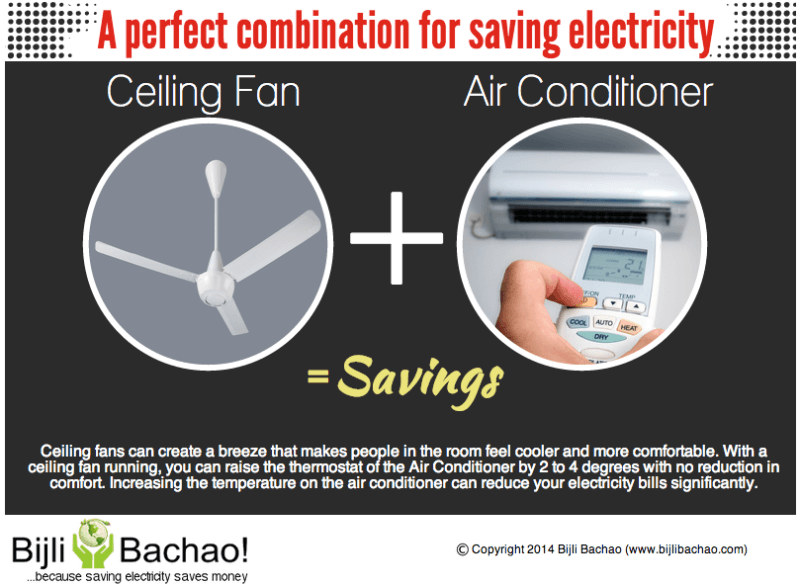Heatpump Vs Heating System - Which Is The Better Home Heating Choice For Your Home?
Heatpump Vs Heating System - Which Is The Better Home Heating Choice For Your Home?
Blog Article
Write-Up Author-Huff Blackwell
Lots of homeowners are familiar with furnaces, which warm homes with oil or natural gas and press hot air through ductwork. They are relatively economical and can supply trusted home heating even during a wintertime power blackout.
However, they make use of fossil fuels and generate carbon monoxide gas and various other air contamination. They additionally aren't as energy-efficient as a high-efficiency heatpump.
Cost
Typically, heatpump are extra cost effective to operate than heating systems. They usually use electricity and cooling agent to extract warmth from exterior air, and afterwards transfer it right into your home. You can make use of more affordable power prices throughout off-peak hours to further decrease your home heating prices.
Unlike Highly recommended Webpage , gas or wood-burning heaters use burning to produce heat, producing flue gases right into the ambience that can be unsafe to your health and wellness. These heaters are also much less energy-efficient than heatpump, and their higher operating expense can add up in time.
Heaters are more difficult than heatpump and call for normal upkeep to make sure the appropriate feature of all components. In spite of this, they often tend to last longer than heatpump with a normal lifespan of two decades or more. Nevertheless, you'll require to factor in the expense of gas, gas oil or timber and the added devices required for installation and procedure such as air ducts and air flow systems.
Energy Efficiency
Heatpump have a higher power effectiveness rating than heating systems. These systems utilize electrical energy to scavenge warmth from the air, even in freezing temperatures. They can likewise eliminate excess warm from the home throughout warmer months and reuse it to cool the system. copyright specialists can help you determine the very best version for your home on climate and source energy prices.
Furnaces burn fuel oil, propane, gas or other kinds of nonrenewable fuel source to heat the air in the home. This air is then spread through ductwork using a big fan. Furnaces produce greenhouse gases and call for normal maintenance and devices upgrades to guarantee secure operation.
The largest benefit of a heater is that it can be operated even in extreme winter problems because it does not count on outside temperature levels to warm the air. Heaters also have a longer life-span than heatpump and normally last 15 years. They can additionally be coupled with twin gas choices, which select one of the most reliable home heating choice based upon the climate.
Climate
Heatpump function well in modest climates and use less resource power than heating systems. However, if your area is extremely cold, you may need to purchase a typical gas furnace instead.
Heating systems offer cozy, comfortable warm and commonly offer fast home heating to increase interior temperature levels. These systems can be used with a selection of fuel types, consisting of gas, lp, oil or electrical energy.
They take in more energy than heatpump-- approximately 3x as much-- and call for ductwork that's costly to mount or retrofit. They're additionally a lot more pricey to preserve, as they can trigger air top quality concerns and produce greenhouse gas exhausts.
If you're committed to minimizing your carbon footprint, a heatpump is a great option for your home. They have fewer greenhouse gas exhausts than heaters, particularly if you pick a power STAR ® heatpump. Your local Provider specialist can explain the differences between these 2 furnace and aid you make the best choice for your special requirements.
Personal Preferences
Furnaces can be extremely energy effective when powered by gas, gas or oil, yet they aren't as energy effective as heat pumps in freezing environments. They can additionally be extra costly to install, calling for gas lines and air flow systems.
However, heaters often tend to need less upkeep, which can cause lower continuous expenses. They produce less greenhouse gases and are more dependable than heatpump during extreme weather.
Electric heat pumps are much more functional in developing indoor comfort because they can additionally work as ac system throughout warmer months. They can be more convenient to maintain, requiring only normal air filter changes and periodic vacuuming.
If you favor the ease of a solitary system that does it all, think about a crossbreed home heating option that sets a heating system with an electric heatpump. These systems can automatically switch in between the two heating alternatives based upon your home's needs and temperature level conditions, making the most of effectiveness and savings.